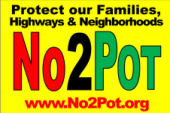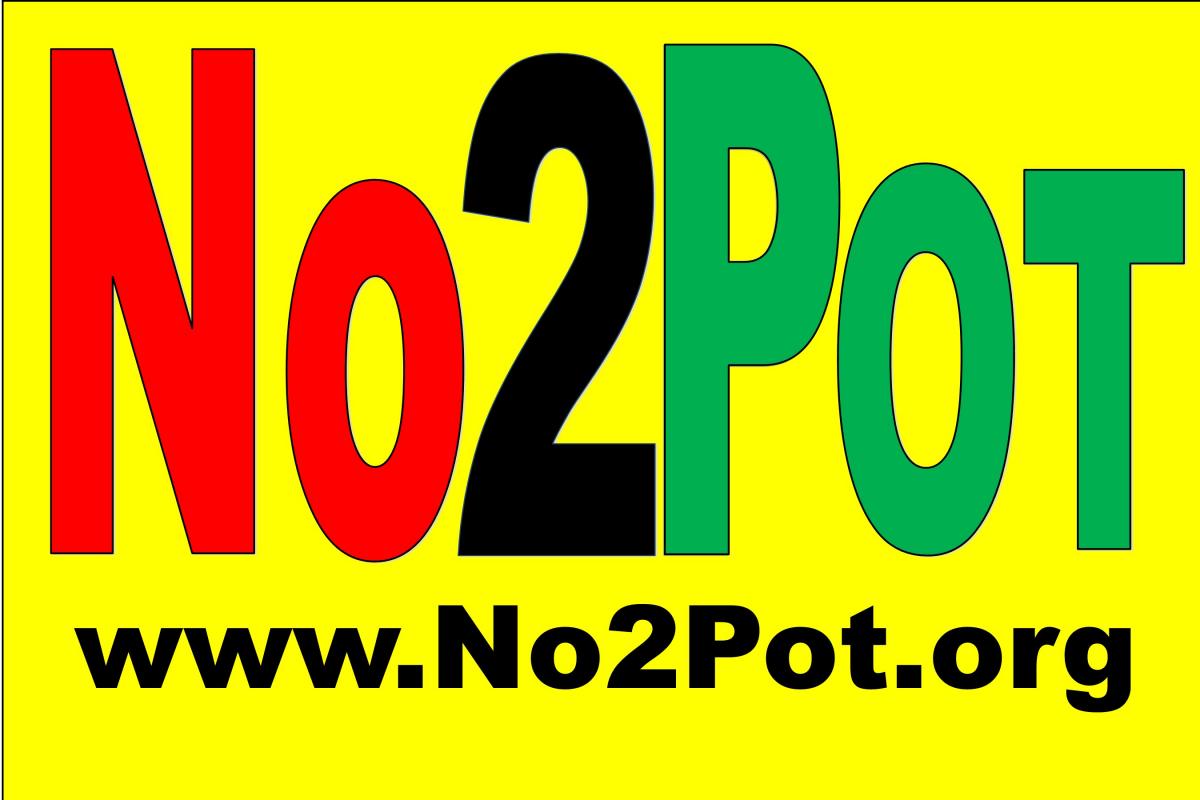Is Pot Losing Its Buzz in Colorado?
Now, as citizen groups attempt to put the brakes on the growing industry, a heated debate has emerged about the drug’s societal impact. Doctors report a spike in pot-related emergency room visits—mostly due to people accidentally consuming too much of potent edible pot products. Police face new cartel-related drug operations. Parents worry about marijuana being sold near their homes and schools. And less affluent communities like Pueblo struggle with the unintended consequences of becoming home to this emerging and controversial industry.
Groups serving the poor in Pueblo report a flood of homeless people arriving from other states. Local homeless shelter Posada, for instance, has witnessed a 47% jump in demand since 2014, including 1,200 people who reported to shelter workers that they came to smoke pot or get jobs in the industry, says Posada’s director, Anne Stattelman. She says her funding is tapped out. “It’s changed the culture of our community,” she says.
Since 2013, law officials say, they have busted 88 drug cartel operations across the state, and just last year law-enforcement made a bust that recovered $12 million in illegal marijuana. Adds Coffman: “That’s crime we hadn’t previously had in Colorado.”
Another surprise to many Coloradans is that a promised huge tax windfall to benefit schools hasn’t materialized. Of the $135 million generated in 2015, for example, $20 million goes to regulatory and public-safety efforts related to cannabis, $40 million funds small rural school construction projects, and the rest goes to youth drug prevention and abuse programs. That’s a drop in the bucket for a $6.2 billion education budget.
For a growing number of her neighbors, however, legalized marijuana is starting to feel like a really bad high.

